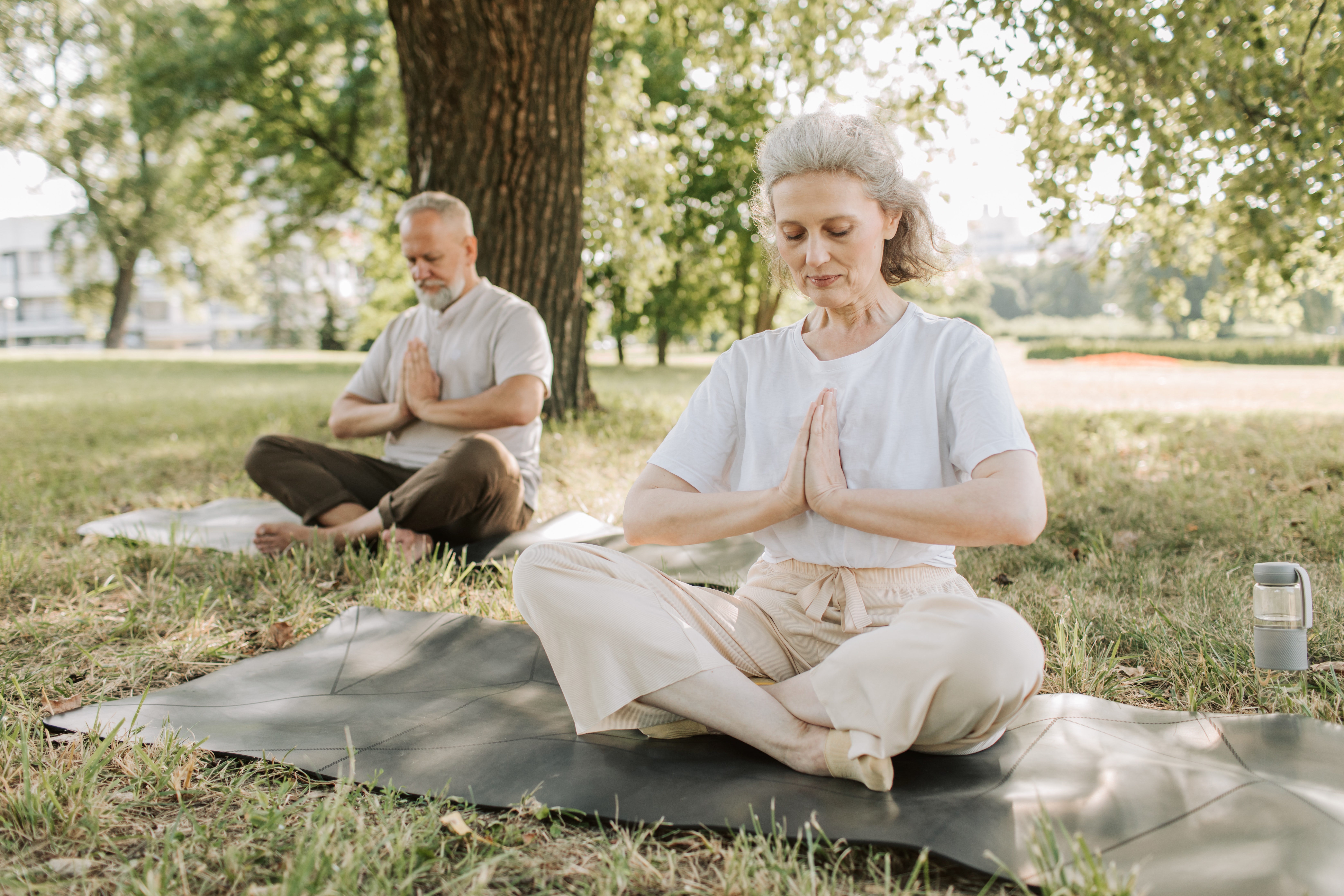We’ve all heard about the power of positive thinking, made famous years ago by Dale Carnegie. But it’s not simply a matter of attitude. It turns out there is plenty of science behind that power because positives such as mindfulness and gratitude can actually change your brain.
A happy brain works better
The concept of gratitude is familiar – it’s the act or thought of appreciation. Deliberately focusing on gratitude can boost your creativity, attention span, and mental productivity. Mindfulness is the deliberate, calm contemplation of one’s the current environment, thoughts, and feelings. Together, they trigger positive emotions. And emotions and behavior are controlled by the same part of your brain that controls thinking skills, such as your ability to pay attention and focus.
Self-fulfilling prophecy
Filling your brain with positive, grateful thoughts can improve your health, your relationships and your quality of life.
Negative thoughts draw energy from the prefrontal cortex, the part of your brain that directs your mind and brain function. So if you keep telling yourself you aren’t good at something, or you dwell on negative experiences, your brain doesn’t function as well. Conversely, focusing on positives stimulates the prefrontal cortex, boosting your confidence and performance.
Scientists say this works because “gratitude causes synchronized activation in multiple brain regions and lights up parts of the brain’s reward pathways and the hypothalamus.” The hypothalamus controls hormones that drive crucial functions, including body temperature, emotions, appetite, and sleep.
Gratitude increases the neurotransmitter serotonin and stimulates the brain stem to produce dopamine – the chemical that makes you feel good.
One 10-week study compared subjects who focused on daily events that made them grateful versus subjects who focused on negative experiences. Results show that the gratitude group was more physically active, healthier, and reported feeling more optimistic about life.
Practicing mindfulness and gratitude can:
- Reduce anxiety and depression
- Strengthen biomarkers (lower cholesterol, for example)
- Increase resilience (ability to handle stress)
- Help build stronger social connections
- Improve sleep quality
Getting more sleep and feeling happier can help reduce health risks such as heart disease. Researchers also say that recalling positive feelings produces ongoing mental health benefits.
The National Council on Aging (NCOA) describes gratitude as uniquely powerful in its relationship to health and well-being. They say gratitude and mindfulness are so important, they are one of the six dimensions of their Aging Mastery Program®. They say the best way to enjoy the benefits of mindfulness and gratitude is to make them a daily habit, like brushing your teeth.
One thing seniors are especially grateful for is a quality living environment that proactively supports each resident’s physical and emotional well-being. At Veranda of Pensacola, we are proud of our community that offers both independent and assisted living. And we are always excited to show prospective residents and family members what it’s like to live here. We invite you to schedule a tour online or give us a call at (850) 780-8677.




